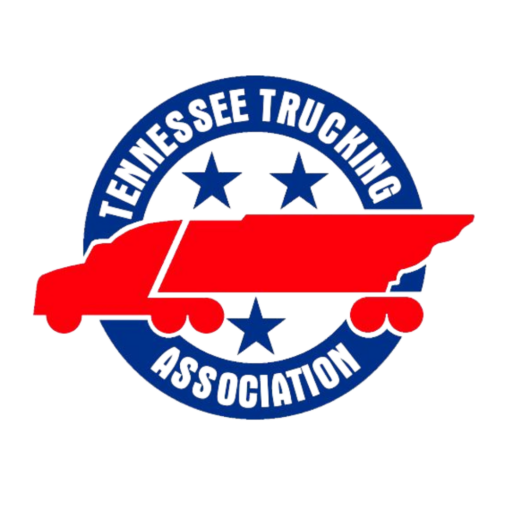Archive for March 2020
Coronavirus Small Business Guidance
The coronavirus pandemic is affecting small businesses in a variety of ways. From loss of business to remote work, things are changing fast during the COVID-19 outbreak and businesses are being forced to adapt. CO— is working to bring you the best resources and information to help you navigate this challenging time. Read More
Read MoreInterim Guidance for Business and Employers to Plan and Respond to Coronavirus Disease 2019
Interim Guidance for Businesses and Employers to Plan and Respond to Coronavirus Disease 2019 (COVID-19) Summary of Changes to the Guidance: Below are changes as of March 21, 2020 Updated cleaning and disinfection guidance Updated best practices for conducting social distancing Updated strategies and recommendations that can be implemented now to respond to COVID-19
Read MoreGuidance For Greater New York City Transportation and Delivery Workers
CDC Statement on Self-Quarantine Guidance for Greater New York City Transportation and Delivery Workers When we issued the self-quarantining guidance for greater New York City residents leaving this area, it was out of an abundance of caution to help protect U.S. areas with lower levels of COVID-19 spread. In line with our recommendations for other…
Read MoreTSC Competition Cancelled for 2021
We have met with our TDC & TSC committees and have been in discussion with the ATA. This year still has so many unknowns. The TDC & TSC Committee, Donna England & I, in a unanimous agreement, have decided it is in the best interest of our Members, for us to cancel the Tennessee Truck…
Read MoreFrequently Asked Questions Related to the FMCSA Emergency Declaration Part 2: 03/25/2020
FMCSA just released an additional round of Emergency Declaration Frequently Asked Questions, covering important questions such as the inclusion of feed under the exemption and other products. https://www.fmcsa.dot.gov/emergency/expanded-emergency-declaration-under-49-cfr-ss-39023-no-2020-002-relating-covid-19 Frequently Asked Questions Related to the FMCSA Emergency Declaration Part 2: 03/25/2020 Note: This guidance document does not have the force and effect of law and is…
Read MoreFMCSA COVID-19 Drug & Alcohol Testing Guidance
FMCSA published guidance on disruptions to drug and alcohol testing due to coronavirus. This guidance follows DOT’s department-wide guidance and provides answers to specific drug and alcohol testing questions raised by many trucking companies. The guidance is in effect until May 30, 2020. FMCSA COVID-19 DRUG AND ALCOHOL GUIDANCE
Read MoreCISA Guidance Template Letter for Company Drivers, Shared by ATA
A few have requested a template of a letter/notice for drivers to carry in their cabs that spells out “Truck Drivers have been designated as essential critical infrastructure workers by the Department of Homeland Security’s Cybersecurity and Infrastructure Security Agency”. Be advised, the use of this or any other similar type letter is NOT required…
Read MoreHow Truckers are Keeping Shelves Stocked and Packages Delivered Amid Outbreak
The nation’s 3 million truck drivers are unsung heroes of the coronavirus crisis, working overtime to keep the critical supply chain moving. NBC’s Sam Brock reports for TODAY from Houston. Click Here to View Video
Read MoreGoggin Cold Haul WSMV Interview
Big Joe visits Goggin Cold Haul to see how they keep products on the road during the coronavirus pandemic. See the Interview’s below with Owner Tom Hodges. Great Videos! Remember to thank a trucker!!! Our truckers keep America going!!! Part 1 Video Part 2 Video Part 3 Video
Read MoreTN EXECUTIVE ORDER NO. 19
AN ORDER AMENDING EXECUTIVE ORDER NO. 15 SUSPENDING PROVISIONS OF CERTAIN STATUTES AND RULES AND TAKING OTHER NECESSARY MEASURES IN ORDER TO FACILITATE THE TREATMENT AND CONTAINMENT OF COVID-19 TN EXECUTIVE ORDER NO. 19
Read More